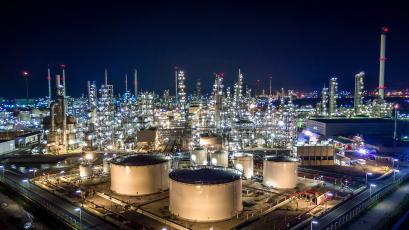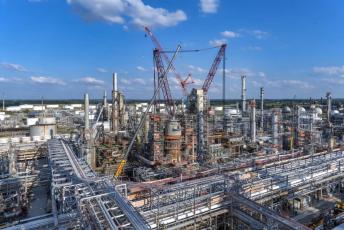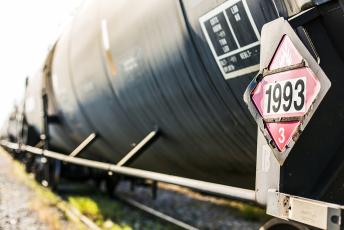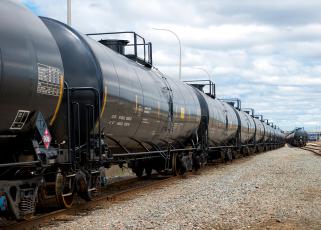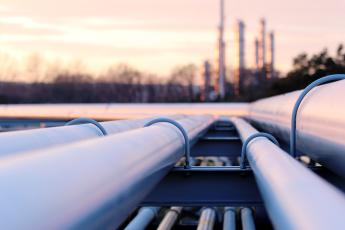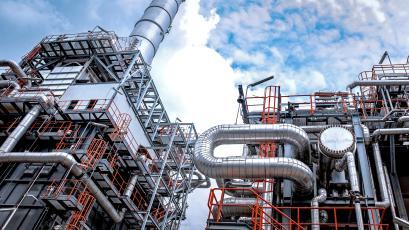What you should know about TSCA.
Since TSCA directly affects a company’s ability to make, import, sell and use chemicals, it has implications for entire American supply chains and interstate commerce.
AFPM encouraged by STB rejection of latest rail merger application, raises stakes for enhancing competition
WASHINGTON, D.C. — American Fuel & Petrochemical Manufacturers (AFPM) President and CEO Chet Thompson today issued the following statement in response to the Surface Transportation Board’s (STB) unanimous decision to reject the latest Class 1 freight rail merger application, in the absence of required information.
AFPM: Congress has a critical opportunity to make necessary fixes to TSCA
Washington, D.C. — American Fuel & Petrochemical Manufacturers (AFPM) Senior Vice President of Government Relations and Policy Geoff Moody issued the following statement on draft text from the House Energy and Commerce Committee which would implement reforms to the Toxic Substances Control Act (TSCA).
AFPM commends STB proposal, but U.S. freight rail remains largely uncompetitive
WASHINGTON, D.C. — Today, Rob Benedict, AFPM Vice President of Petrochemicals and Midstream, issued the following statement commending the Surface Transportation Board (STB) proposal to repeal its regulations on “Intramodal Rail Competition,” which would pave the way for more reciprocal switching in freight rail.
AFPM: Latest rail merger application raises the stakes for STB to restore and enhance competition in freight rail
WASHINGTON, D.C. — American Fuel & Petrochemical Manufacturers (AFPM) President and CEO Chet Thompson issued the following statement on the official filing of the latest Class 1 freight rail merger application with the Surface Transportation Board (STB).
AFPM: SPEED Act will help more Americans benefit from connectivity to fuels, energy
WASHINGTON, D.C. — American Fuel & Petrochemical Manufacturers (AFPM) President and CEO Chet Thompson issued the following statement on H.R. 4776, the Standardizing Permitting & Expediting Economic Development (SPEED) Act, up for consideration this week in the House of Representatives.
AFPM on PERMIT Act: “Only fitting for the world’s energy superpower to also have the most advanced energy infrastructure”
WASHINGTON, D.C. — American Fuel & Petrochemical Manufacturers (AFPM) President and CEO Chet Thompson issued the following statement on H.R. 3898, the Promoting Efficient Review for Modern Infrastructure Today (PERMIT) Act, up for consideration this week in the House of Representatives.
AFPM: Revised fuel economy standards would put CAFE back on solid legal footing
WASHINGTON, D.C. — American Fuel & Petrochemical Manufacturers (AFPM) President and CEO Chet Thompson issued the following statement on the Trump administration’s proposed revised 2027-2031 Corporate Average Fuel Economy (CAFE) Standards.
AFPM: REFINER Act spotlights liquid fuels, downstream energy manufacturing as a national security asset
Washington, D.C. — American Fuel & Petrochemical Manufacturers (AFPM) President and CEO Chet Thompson issued the following statement today on the Researching Efficient Federal Improvements for Necessary Energy Refining (REFINER) Act (H.R. 3109), which is set for a vote in the House of Representatives.

